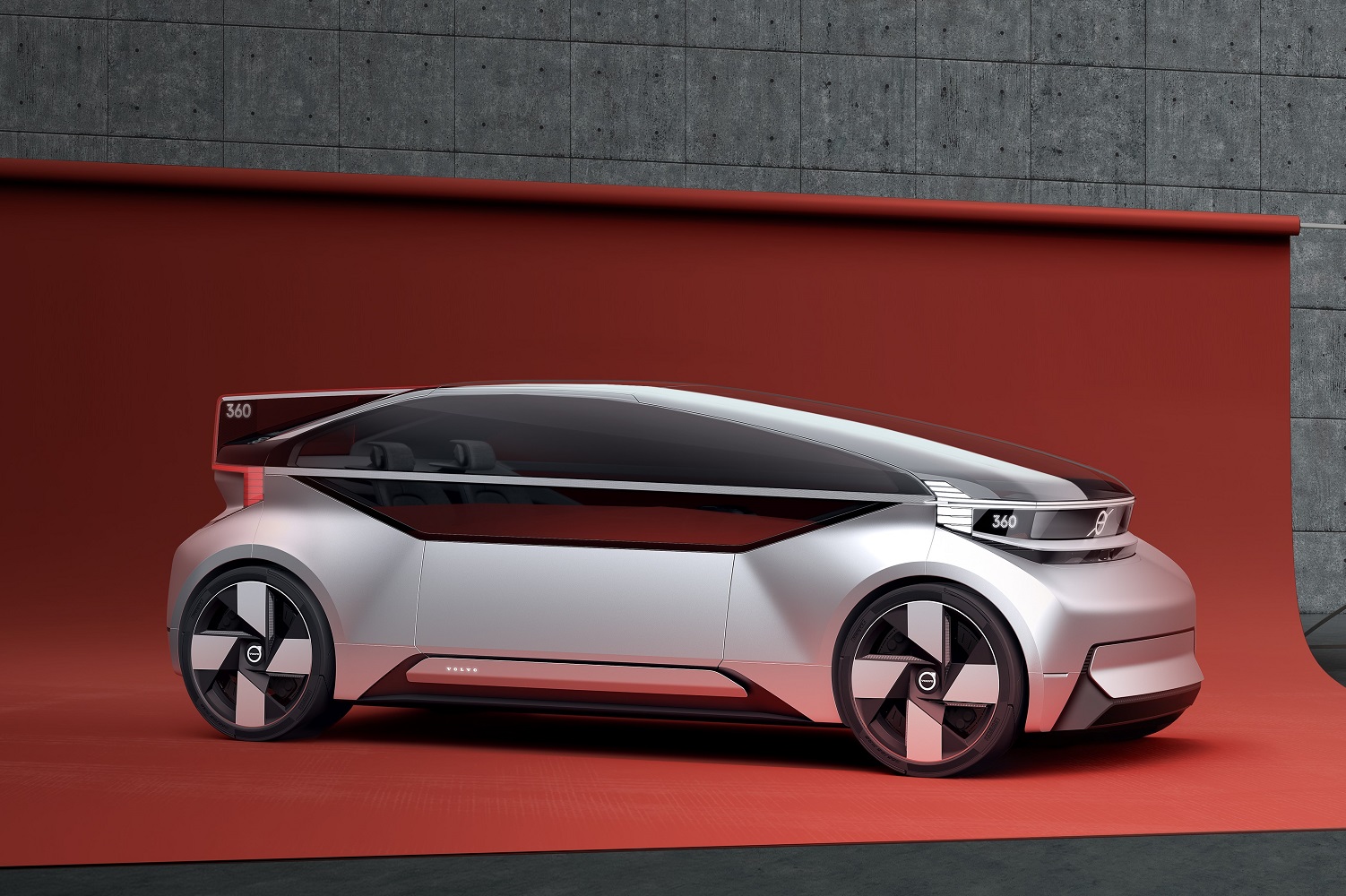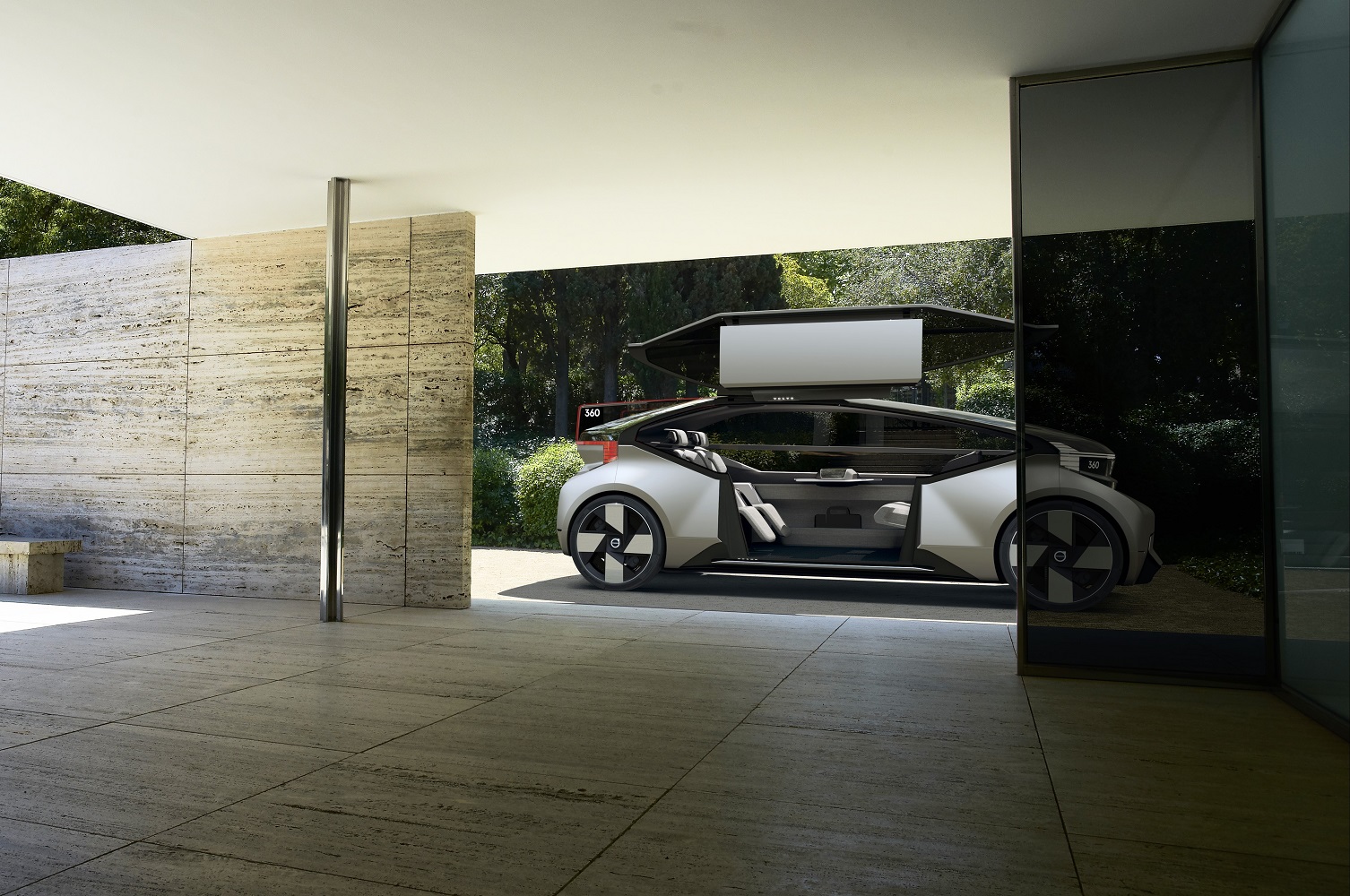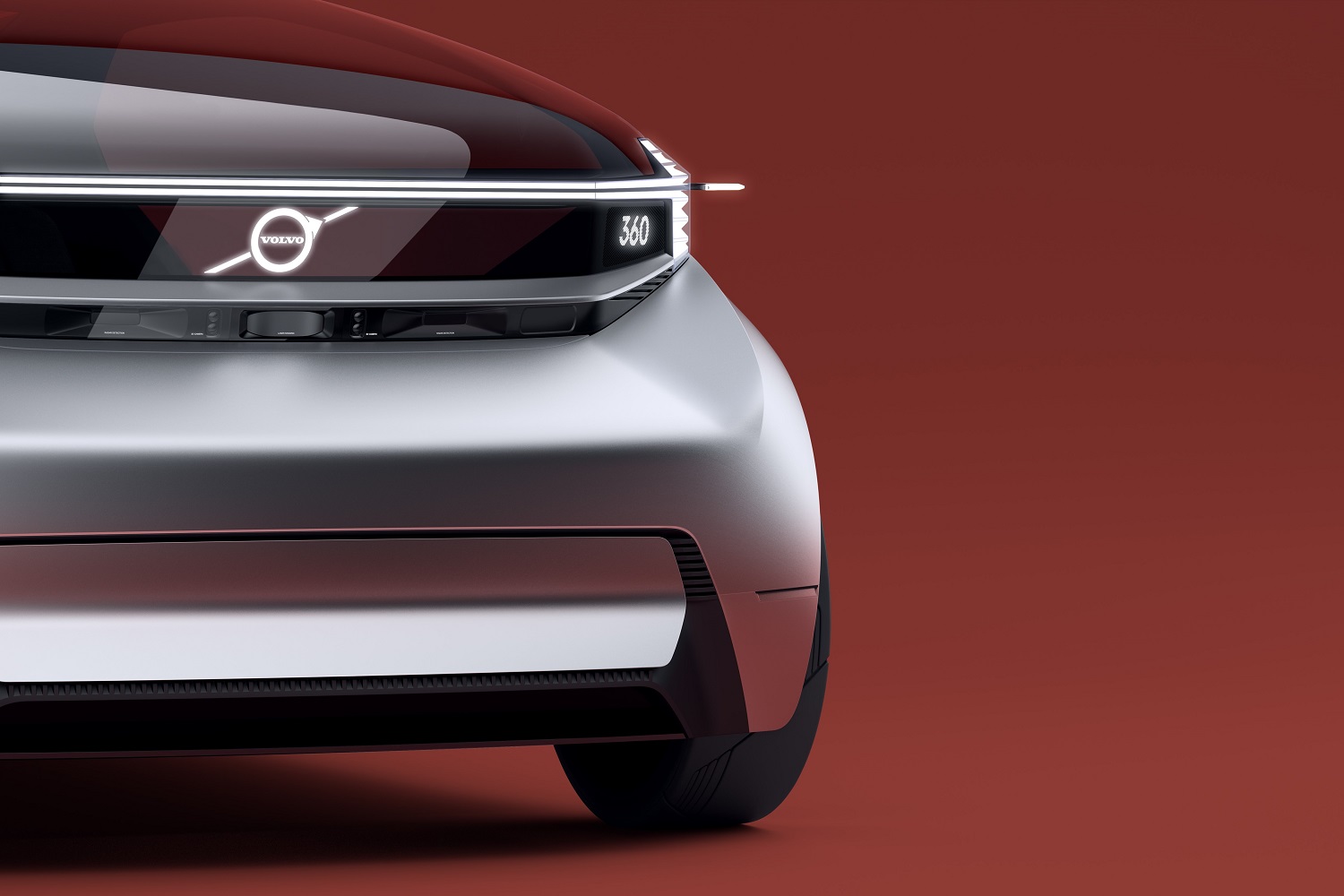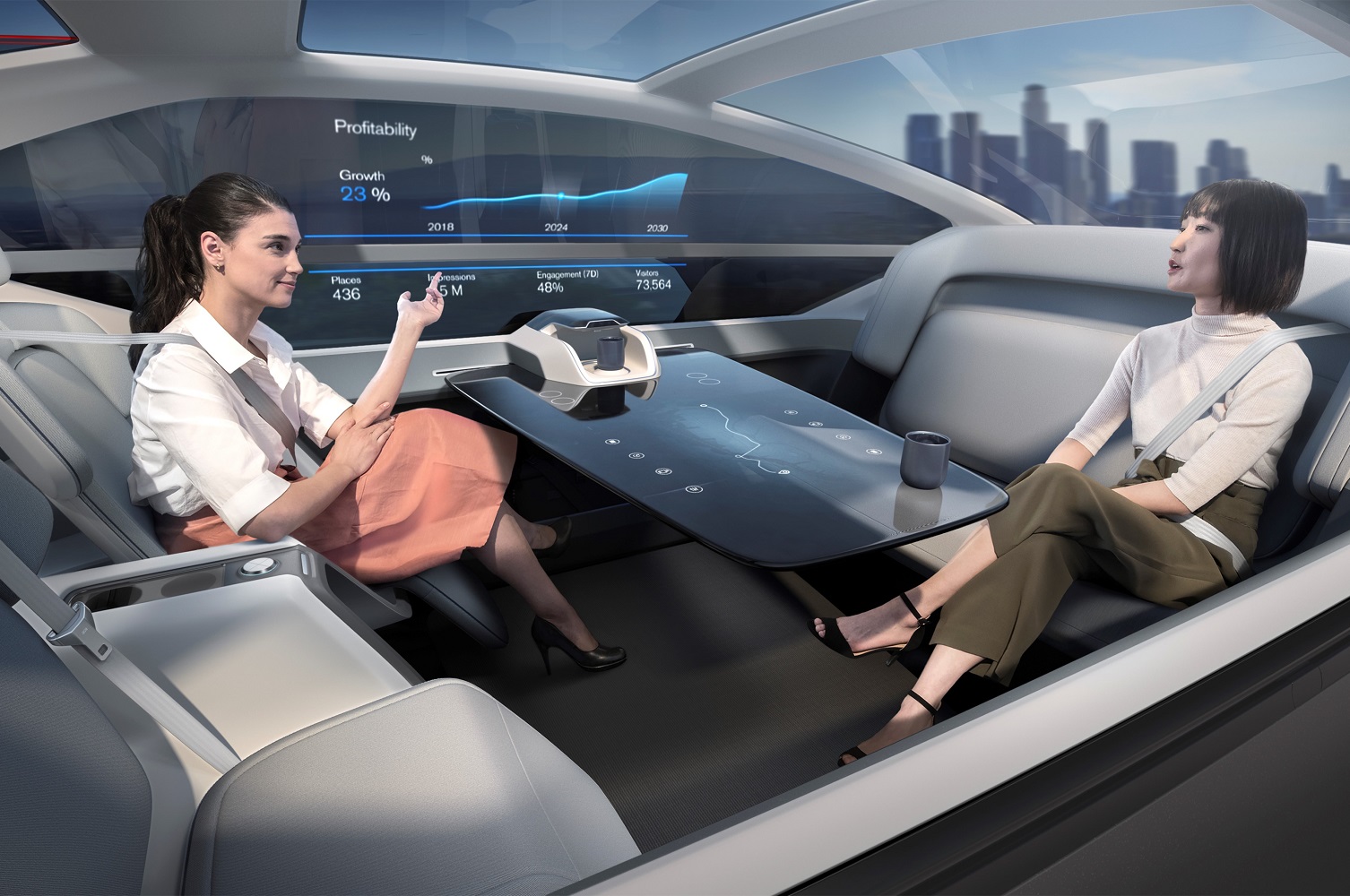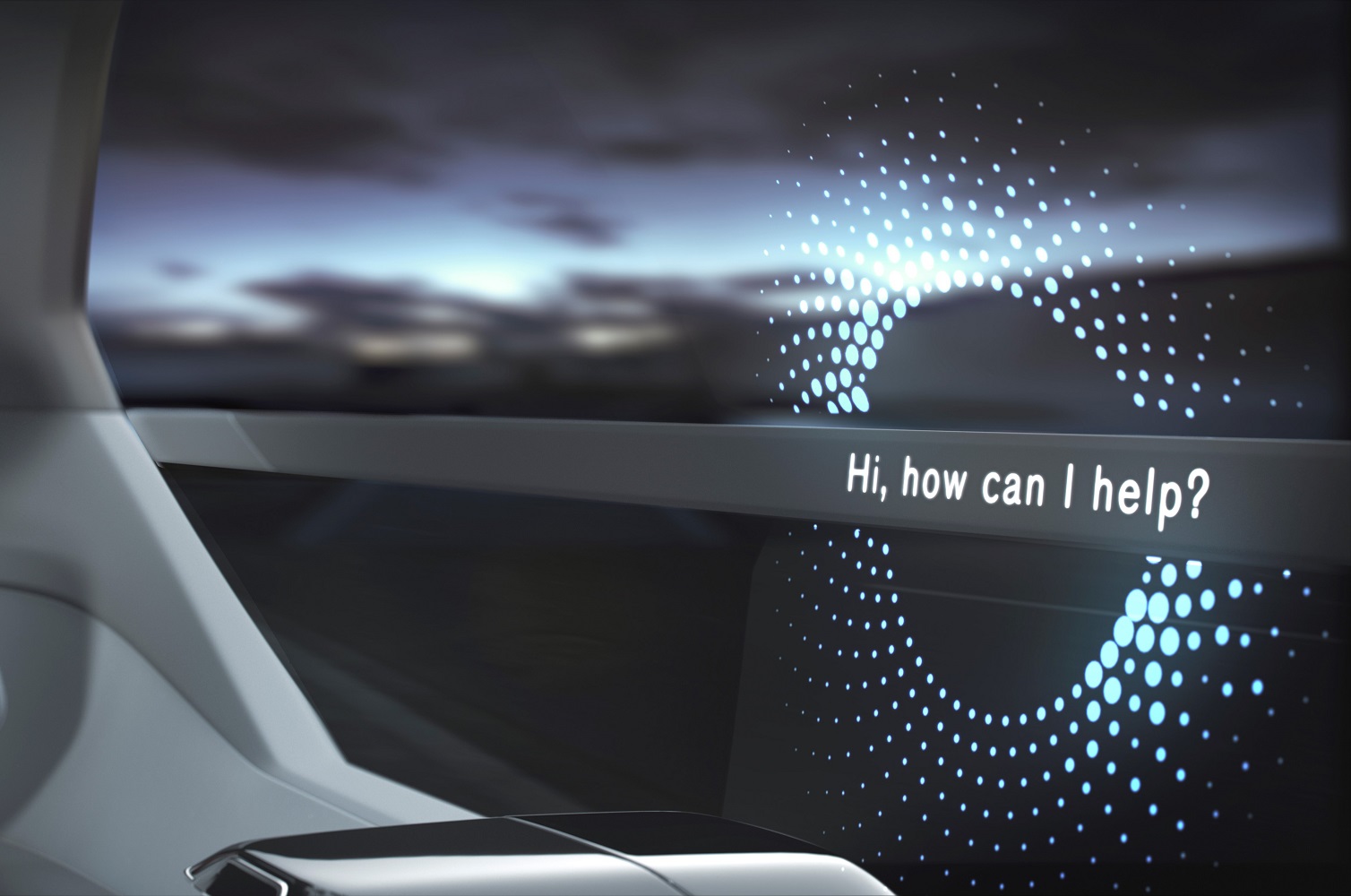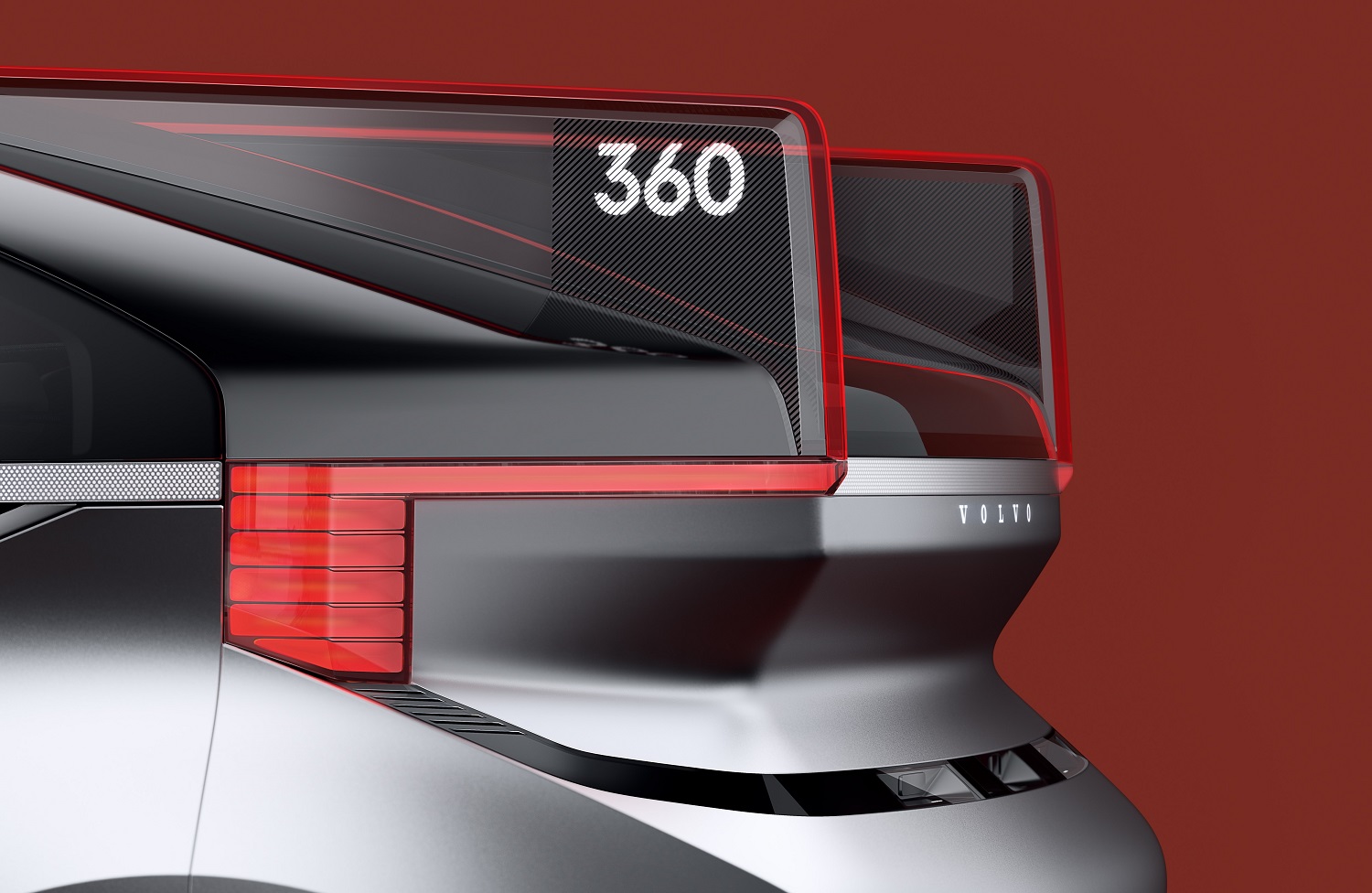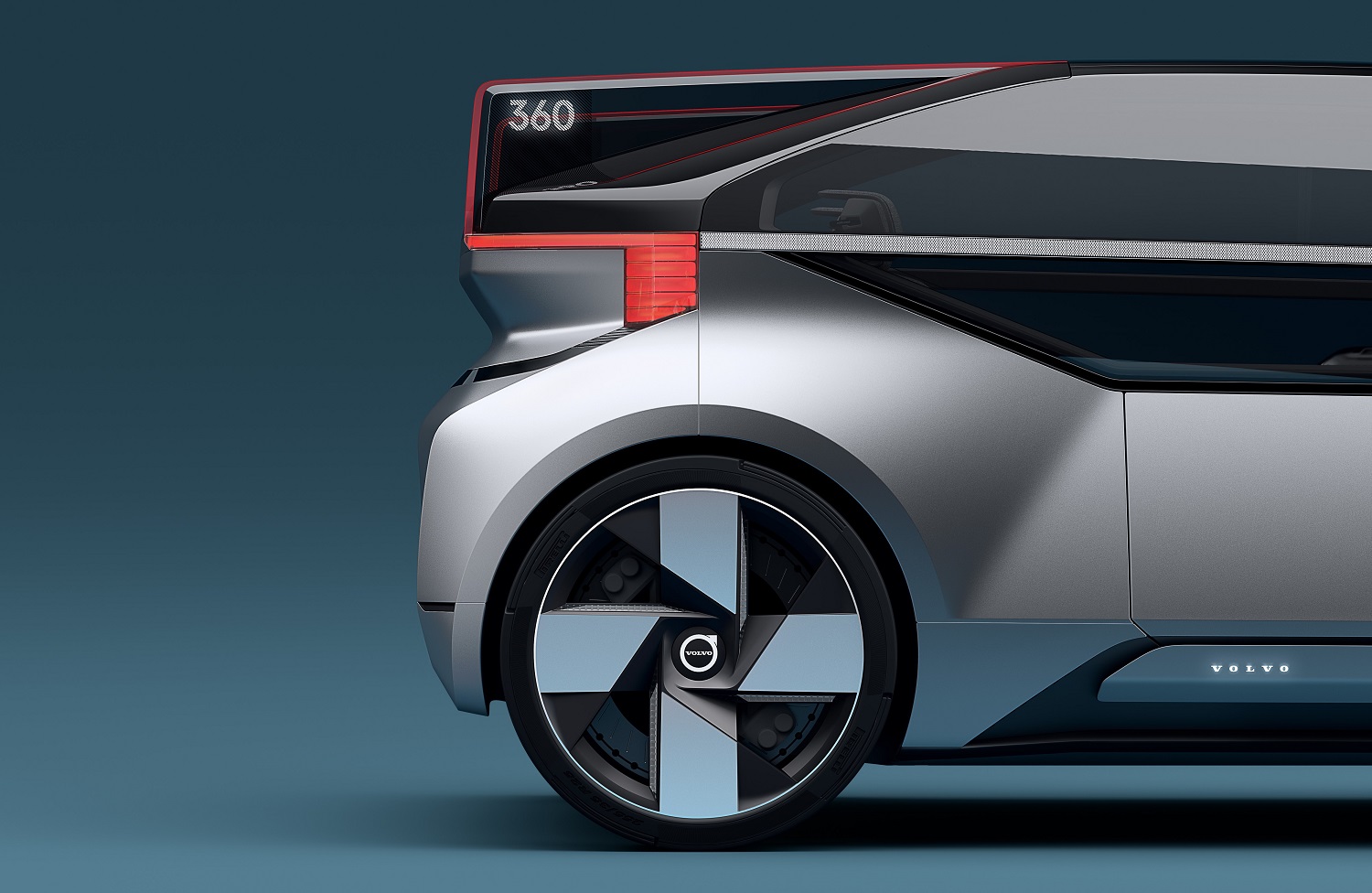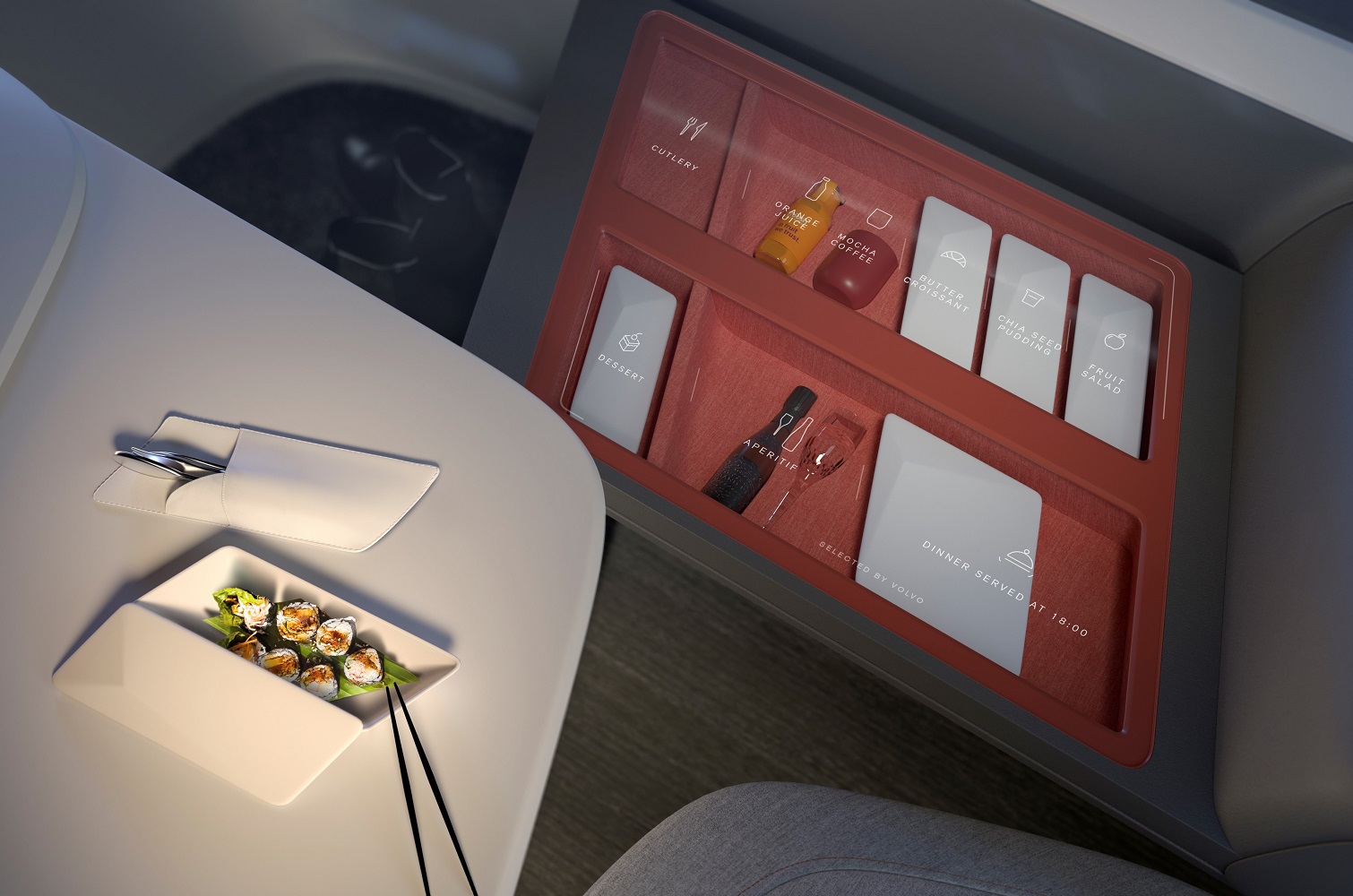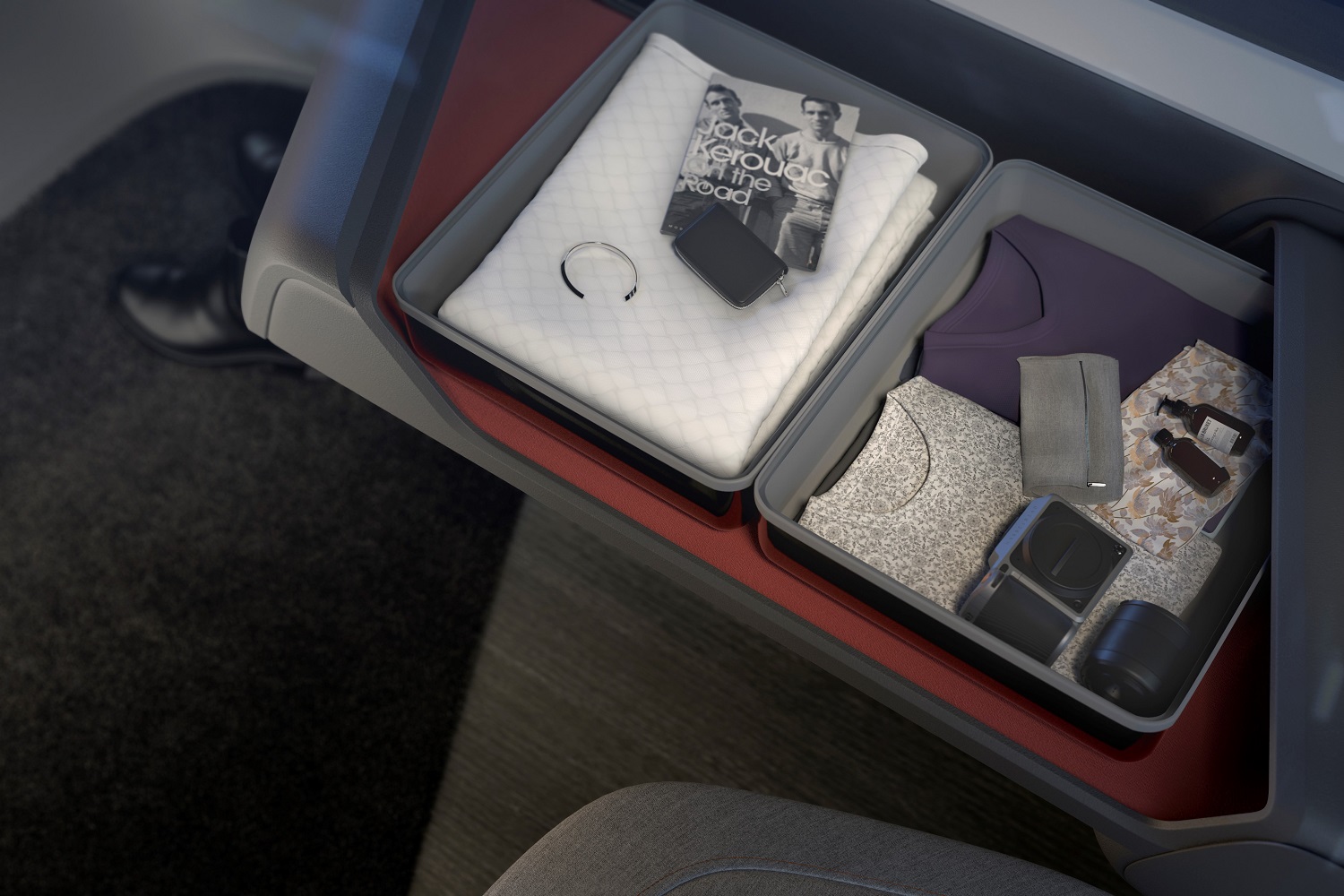No more expensive parking. No more security lines. No more delayed flights. No more screaming children.
Volvo envisions a future where motorists travel in private, business-class-like pods instead of flying. The Swedish firm has introduced an innovative concept car named 360c that sheds insight into how autonomous driving technology can replace many domestic short-haul flights.
The 360c concept looks like a car in the sense that it has lights, wheels, and bumpers on both ends. Everything else comes right out of the next century.
“We do not know what the future of autonomous drive will hold, but it will have a profound impact on how people travel …”
The top part of it is made almost entirely of tinted glass to give the passengers an unobstructed view of the world around them. It’s hardly recognizable as a Volvo product; only styling cues like the curved rear panel create a visual link to current members of the company’s lineup like the XC40 and the V90 Cross Country.
Volvo stresses the 360c is autonomous and electric. It’s designed to be software-driven 100 percent of the time, meaning there is no need for a steering wheel, pedals, or a dashboard. Its electric powertrain is more compact than a comparable gasoline-powered unit so designers carved out a generous amount of space in a relatively restrained footprint. This yields a modular interior that can be configured as a high-tech meeting room with a motion-controlled presentation board, a relaxing living room with book shelves, an entertainment space with a built-in champagne cooler, or a cozy bedroom with a mini closet.
The last configuration opens up the possibility of traveling overnight instead of flying. Users can conceivably get in the car, enter a destination, and fall asleep until they reach it. The 360c drives itself smoothly and quietly. Volvo adds it even designed a special safety blanket that restrains the occupant like a three-point seatbelt in the event of a collision.
“The sleeping cabin allows you to enjoy premium comfort and peaceful travel through the night and wake up refreshed at your destination. It could enable us to compete with the world’s leading aircraft makers,” explained Mårten Levenstam, the company’s senior vice president of corporate strategy, in a statement.
Make no mistake: the 360c is a look into the distant future of transportation. It’s not what you’ll be commuting in a year from now; there are still several legal and technical questions to answer before a concept like this becomes a mass-produced reality. Technology progresses at a rapid pace, however, and it’s not too far-fetched to imagine vehicles like the 360c transporting passengers on short routes like New York City to Washington DC or Los Angeles to San Diego.
When? That’s a good question; Volvo hopes its newest concept will start the conversation.
“We do not know what the future of autonomous drive will hold, but it will have a profound impact on how people travel, how we design our cities and how we use infrastructure. We regard the 360c as a conversation starter, with more ideas and answers to come as we learn more,” Levenstam explained.
Volvo notably wants to start the conversation about the types of interaction autonomous cars should have with the human-driven ones they’ll need to share the road with. The 360c emits visual and audible signals to tell other drivers and pedestrians what it’s about to do. The firm notes that, significantly, the concept makes its own intentions clear without giving orders to other self-driving cars or human drivers. Preliminary research shows that’s the safest way for autonomous cars to communicate with fellow road users.




